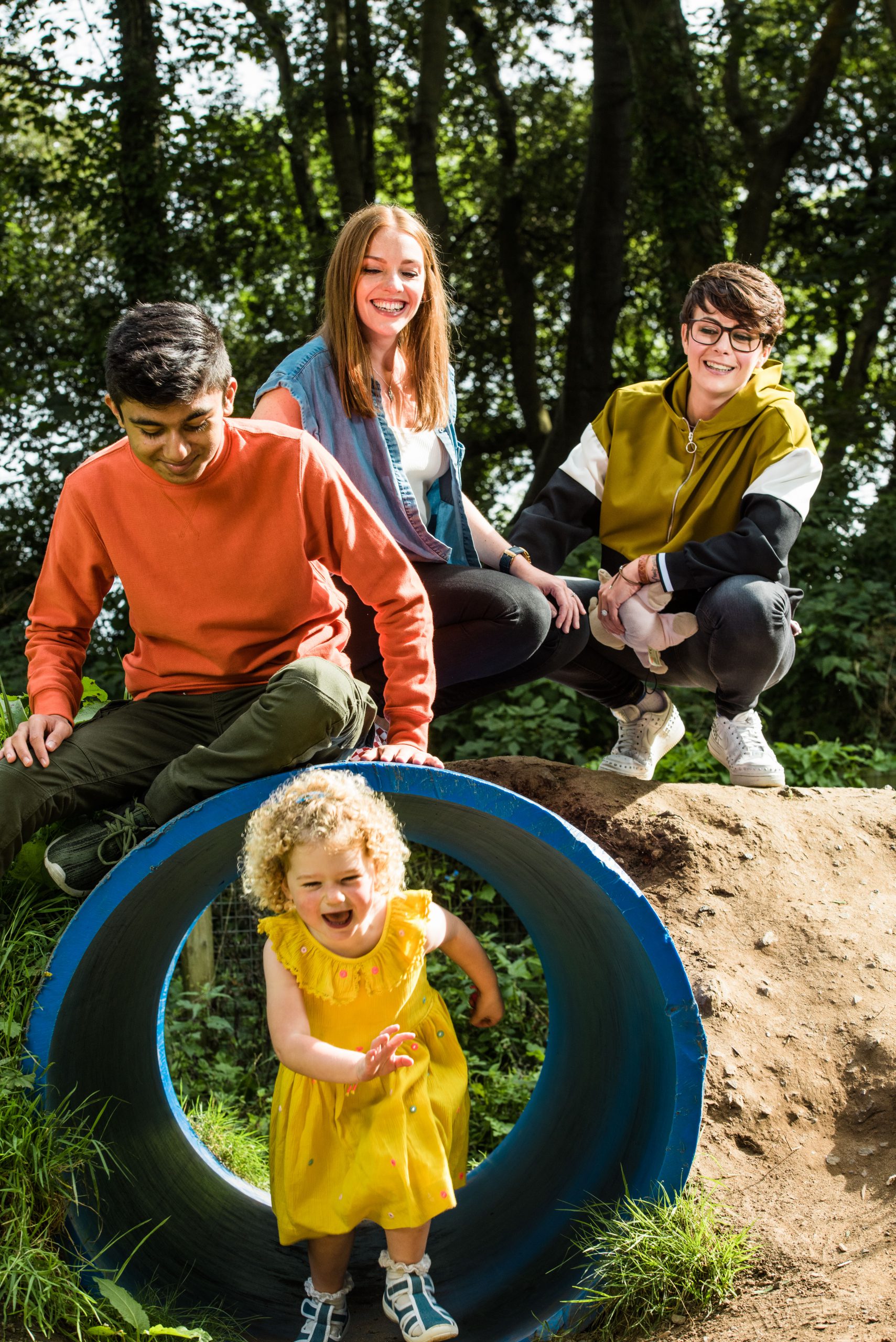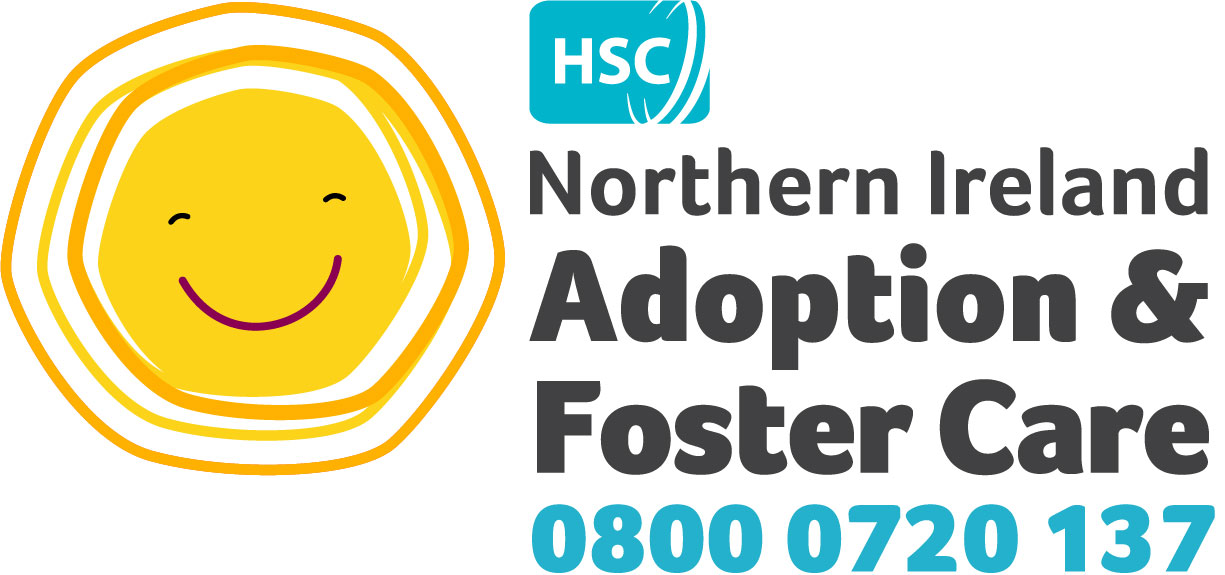We are often asked who our ‘typical’ foster carer is. The answer is, there is no typical foster carer. No one type of person can apply. No one specific character and background description we look for. We welcome applications to foster from all individuals, all races, ages, backgrounds, the list goes on. At core, the one thing that is essential and common to all foster carers is a genuine wish to make a positive difference in the lives of vulnerable children and young people.
Who Can Be a Foster Carer?
You can. You might have the impression that foster carers are middle-aged, married, home owners, heterosexual, and already parents. Yes some foster carers are but we welcome and work with foster carers from all backgrounds and experiences. There is no requirement for a certain marital status, home ownership, sexual orientation, age, parental experience or anything else. We simply evaluate every application based on its own merits. Whatever skills and experiences you bring to fostering will have their benefits. And there are children and young people for whom your decision to foster will have a life-changing impact.
A Few Helpful Characteristics
While there is no typical foster carer, there are certainly some characterises that we see commonly in our foster carers. Things that are not pre-requisites but do help in the process of becoming and remaining a foster carer.
Being a good communicator
If you are someone who is empathetic, who listens, who can be open and communicate at all levels with children and young people, this will certainly be a help. Children who come into foster care can take longer to trust their new environment, they may have experienced abuse or neglect and it can take time for them to share their emotions. Being aware of these sensitivities and available as and when a child is ready to talk is important.
Offering stability and consistency
Having an environment and relationships within the home that are stable and consistent can help a child or young person to settle into their placement and feel more secure. Children may have experienced a huge amount of change and disruption in their birth homes, and being separated from parents and siblings can be very distressing. Offering stability, calm, and continuity in their foster home is key.
“When children come into our house there is an opportunity to learn how to ride a bicycle, bake a cake. They can have that sense of security and safety. An opportunity to grow and develop as a child. And that’s all supported through our family. But that support just doesn’t end there. There is the support of a social worker and the training provided by social services.”
They can have that sense of security and safety. An opportunity to grow and develop as a child. And that’s all supported through our family. But that support just doesn’t end there. There is the support of a social worker and the training provided by social services.”
Are you a team player?
Being a foster carer necessitates taking on many new relationships yourself. Whether with the birth parents or key workers of a child or young person, or being their representative in any extended relationships they have, it’s important that you can work well with others and are committed to maintaining positive ties where possible.
Continued personal development
Becoming a foster carer involves training and continuing to learn. Learning through more formal training programmes and also through the children and young people. Being aware of what they need, what they have experienced and what works for you as families together.
No judgement
Children and young people in foster care have often endured incredibly traumatic and abusive experiences in their lives. Being able to welcome them into your home with no judgement as to background, culture, religion, language or any other aspect of their life so far is vital. Instead, embracing their needs and being a steady, warm, and welcoming home is what is needed.
Knowing when you need help
Foster care is a process that impacts everyone involved. We prioritise the children and young people but also our foster carers who open their homes and lives to them. None of us can be expected to do everything alone and there will be points in every process and experience where we need help. Whether from friends and family, from someone else in the same process or from experts. Knowing when you need help in the foster care process is important and we will be here to assist when that happens. Connecting with others in the foster care community can also be hugely positive.
Becoming a role model
Children and young people in the care system need time to trust and feel comfortable in their new surroundings. They will be looking for steady, calm, and positive influences to ground them and help them to feel secure. Becoming a role model in the lives of children and young people in foster care is a wonderful thing. No matter how small that impact is, being a person who has helped a child to reach their potential in otherwise challenging circumstances is invaluable.
So really, there is no check list for the perfect foster carer. Yes there are some things which help, but having the desire to make a difference, understanding the joy and value of children and knowing you have something you can offer them, is where your journey to becoming a foster carer can start.
Are you ready to start your fostering journey? Get in touch now, and change a life.



